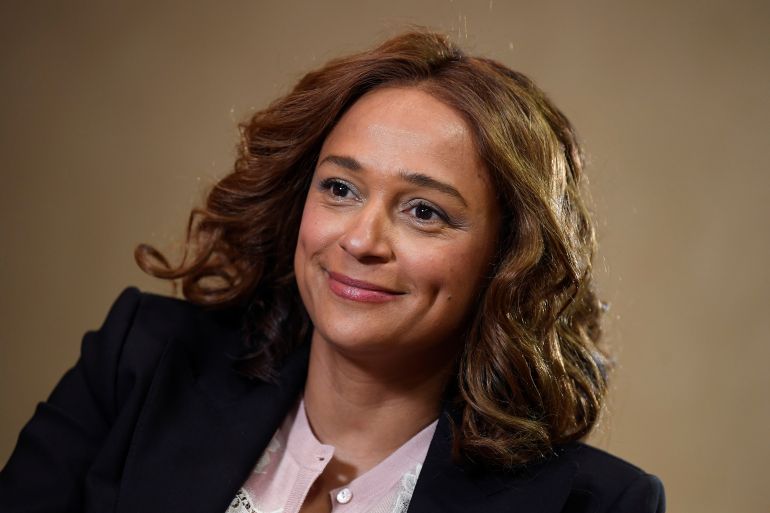Interpol seeks arrest of Angolan tycoon Isabel dos Santos
Global police agency has issued a red notice for the businesswoman who says she’s a victim of ‘political persecution’.

Global police agency Interpol is asking law enforcement authorities around the world to locate and provisionally arrest Angolan billionaire Isabel dos Santos, the Reuters news agency has reported.
Interpol confirmed to the agency on Wednesday that it has issued a red notice for the tycoon, “not an international arrest warrant” but a “request to law enforcement worldwide to locate and provisionally arrest a person pending extradition, surrender, or similar legal action”.
Keep reading
list of 4 itemsMan detained in France after bomb threat at Iran consulate
Teenager charged with ‘terrorism’ over Australia church stabbing attack
Full jury panel seated on third day of Trump’s New York hush-money trial
Angolan public prosecutor Helder Pitta Gros told reporters this week that Angola had filed an international arrest warrant for dos Santos, the AFP news agency reported.
Meanwhile, dos Santos has said she is the victim of “political persecution”.
The 49-year-old businesswoman, who is the daughter of Angola’s late former president Jose Eduardo dos Santos who ruled for 38 years until 2017, was once considered the richest woman in Africa.
Dos Santos has faced corruption accusations for years, including allegations by Angola in 2020 that she and her husband had steered $1bn in state funds to companies in which they held stakes during her father’s presidency, including from oil giant Sonangol.
She has repeatedly denied any wrongdoing.
Portugal’s Lusa news agency reported on November 18 that Interpol had issued an international arrest warrant for dos Santos. But Interpol told Reuters it had issued a red notice instead at the request of Angolan authorities.
According to Lusa, an official document related to the request made to Interpol mentions that dos Santos is often in Portugal, Britain and the United Arab Emirates.
The same document cited by Lusa said dos Santos was wanted for various crimes, including alleged embezzlement, fraud, influence peddling and money laundering.
In an interview with CNN Portugal on Tuesday, dos Santos said the courts in Angola were not “independent” and judges there were “used to fulfil a political agenda”.
“There is no doubt that we are in a context of political persecution,” she said.